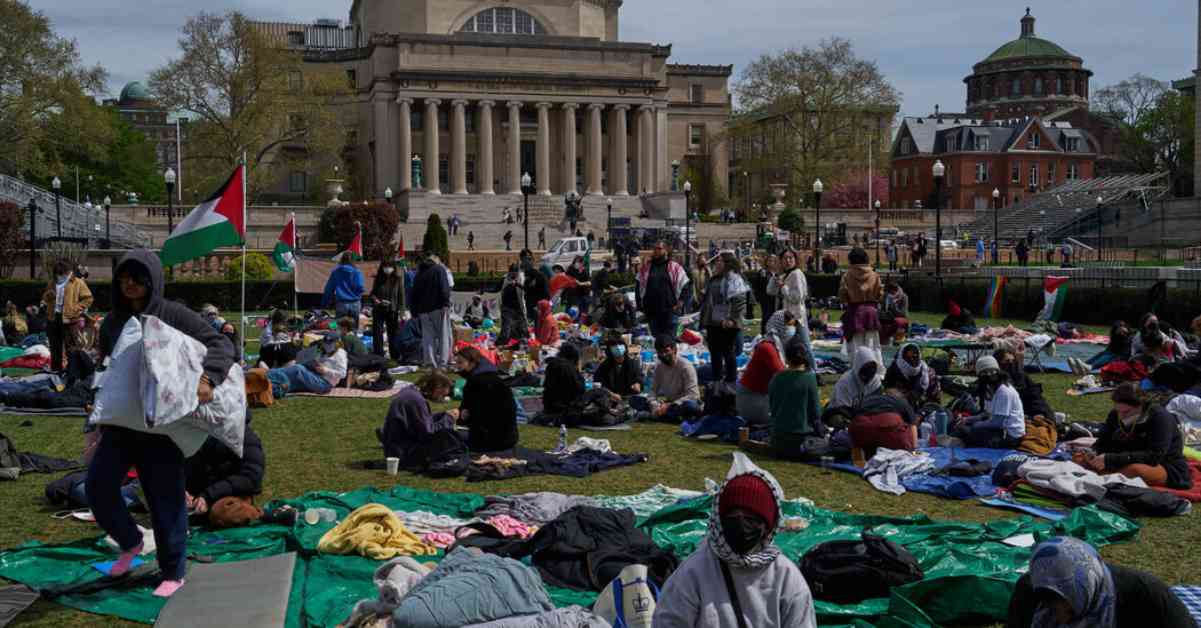Navigating High-Stakes Negotiations: Columbia’s Talks with a Major Donor
Columbia University, a prestigious Ivy League institution, has recently found itself embroiled in high-stakes negotiations with a major donor, the Russell Berrie Foundation. The foundation, established in honor of Angelica Berrie’s late husband, has been a significant contributor to Columbia over the years, donating approximately $86 million to the university. However, recent tensions surrounding campus protests related to the Israel-Hamas war have put Columbia’s relationship with the foundation in jeopardy.
The Warning Signs
On January 19, Angelica Berrie sent an email to Columbia’s president, Nemat Shafik, detailing the foundation’s plans to make three grant payments to the university. However, Ms. Berrie also issued a warning, stating that future donations would depend on Columbia’s efforts to create a tolerant and secure environment for Jewish members of the community. This ultimatum came in response to ongoing campus protests and unrest surrounding the Israel-Hamas conflict.
Despite these warnings, Columbia continued to face challenges in meeting the foundation’s expectations. As months passed and tensions on campus escalated, the Russell Berrie Foundation grew increasingly frustrated with the university’s response to the situation. Ultimately, the foundation decided to suspend its giving to Columbia, putting millions of dollars in funding at risk.
The Impact of the Foundation’s Decision
The decision by the Russell Berrie Foundation to halt its donations to Columbia has far-reaching consequences for the university. Not only does it jeopardize current funding, but it also raises concerns about future donations from other potential donors. The foundation’s substantial contributions in the past have been instrumental in supporting key initiatives at Columbia, such as the Russ Berrie Medical Science Pavilion and the Naomi Berrie Diabetes Center.
The suspension of funding from the Russell Berrie Foundation serves as a stark reminder of the challenges that universities face when navigating complex donor relationships. While public pressure and demands from various stakeholders are often in the spotlight, the private negotiations and expectations of major donors also play a crucial role in shaping the financial health and reputation of academic institutions.
In conclusion, Columbia’s talks with the Russell Berrie Foundation underscore the delicate balance that universities must strike between upholding their values and securing much-needed financial support. As the situation continues to unfold, it remains to be seen how Columbia will navigate these high-stakes negotiations and address the concerns raised by its donors.




















